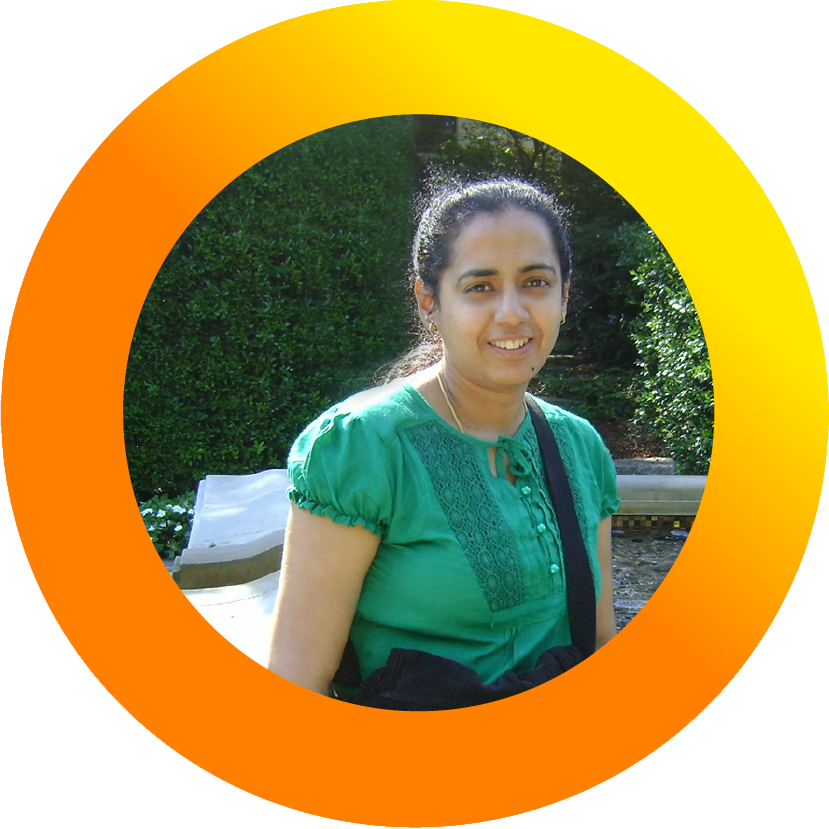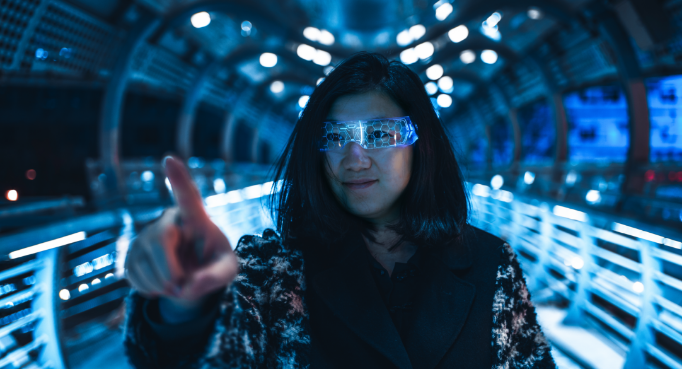Fujitsu Research of America
AI Lab

Collaborating with people to create new value
Our focus is on realizing a sustainable society by developing cutting-edge AI technologies that not only create new value but also contribute to the transformation of society and business.
Our research focuses on the next frontier: developing self-improving machine learning systems that leverage AI to optimize and enhance AI itself. Our core thesis is that by enabling AI systems to autonomously refine their own architecture, learning algorithms, and data utilization, we can achieve orders of magnitude improvement over current methodologies.
An AI system is built upon three fundamental layers: the infraestructure layer, encompassing both hardware and software infrastructure; the modeling layer, which defines model architectures and training methodologies; and the data layer, where data selection and supervision strategies come into play. Traditionally, each of these layers relies heavily on human intervention, demanding specialized expertise and manual tuning. Yet, self-improving ML systems will be able to optimize these elements with unparalleled precision and efficiency, surpassing the capabilities of human experts.
By pioneering self-improving ML, we aim to make AI not just a powerful tool for automatically solving today’s challenges but a dynamic entity that can evolve independently to tackle the complex problems of tomorrow. This evolution goes beyond technological advancement; we believe it can drive meaningful change. Our research is contributing to more sustainable use of resources, reduce energy consumption, and ultimately enable AI to address environmental and societal challenges more effectively. Through this work, we aspire to harness AI’s potential to make the world not only smarter but also more sustainable for future generations.
Researchers in the AI Lab

Avraham Cooper (Avi)
Self-improving ML,
multi-modal foundation models,
large scale AI system design
Hiromichi Kobashi
Machine Learning (ML),
distributed systems,
databases
Ian Mason
Self-improving ML,
continual learning
foundation models
Kanji Uchino
NLP (information retreival,
semantic web),open education,graph AI,
AI ethics,AutoML
Kasper Vinken
Self-improving ML,
foundational models,
neuroscience
Katie Hahm
Self-improving ML,
computer vision,
natural language processing
Lei Liu
Natural Language Processing,
(NLP),Machine Learning (ML),
and communication networks
Mehdi Bahrami
Self-improving ML
natural language processing
computer vision
Ramya Srinivasan
Machine Learning (ML),
computer vision,AI ethics,
Natural Language Processing (NLP),AI and creativity
Shailaja Sampat
Natural Language Processing (NLP),Computer Vision,
multimodal learning
So Hasegawa
Machine Learning (ML),
Computer Vision,
generative models
Trishala Ahalpara
Machine Learning (ML),
customer segmentation, AutoML,bias in AI,
feature selection
Wei-Peng Chen
Machine Learning (ML),
optimization,
mobile networks
Will Xiao
Self-improving ML,
neuroscience,
AI for science
Xavier Boix
The Self-Improving Machine Learning group
Director of Research

Publications
- In-distribution adversarial attacks on object recognition models using gradient-free search.- Spandan Madan, Tomotake Sasaki, Hanspeter Pfister, Tzu-Mao Li, Xavier Boix
- Configural processing as an optimized strategy for robust object recognition in neural networks (Communications Biology)- Hojin Jang, Pawan Sinha, Xavier Boix

